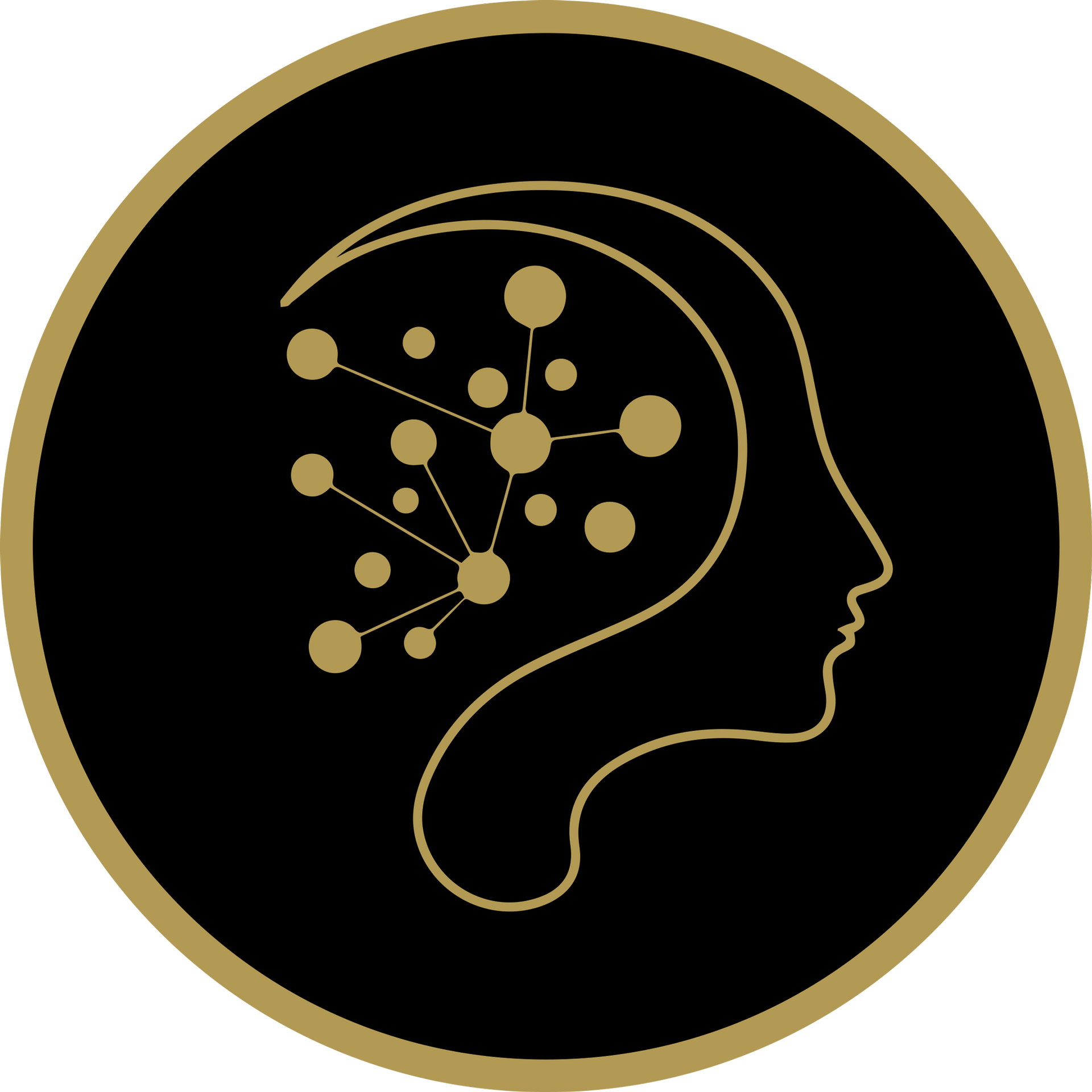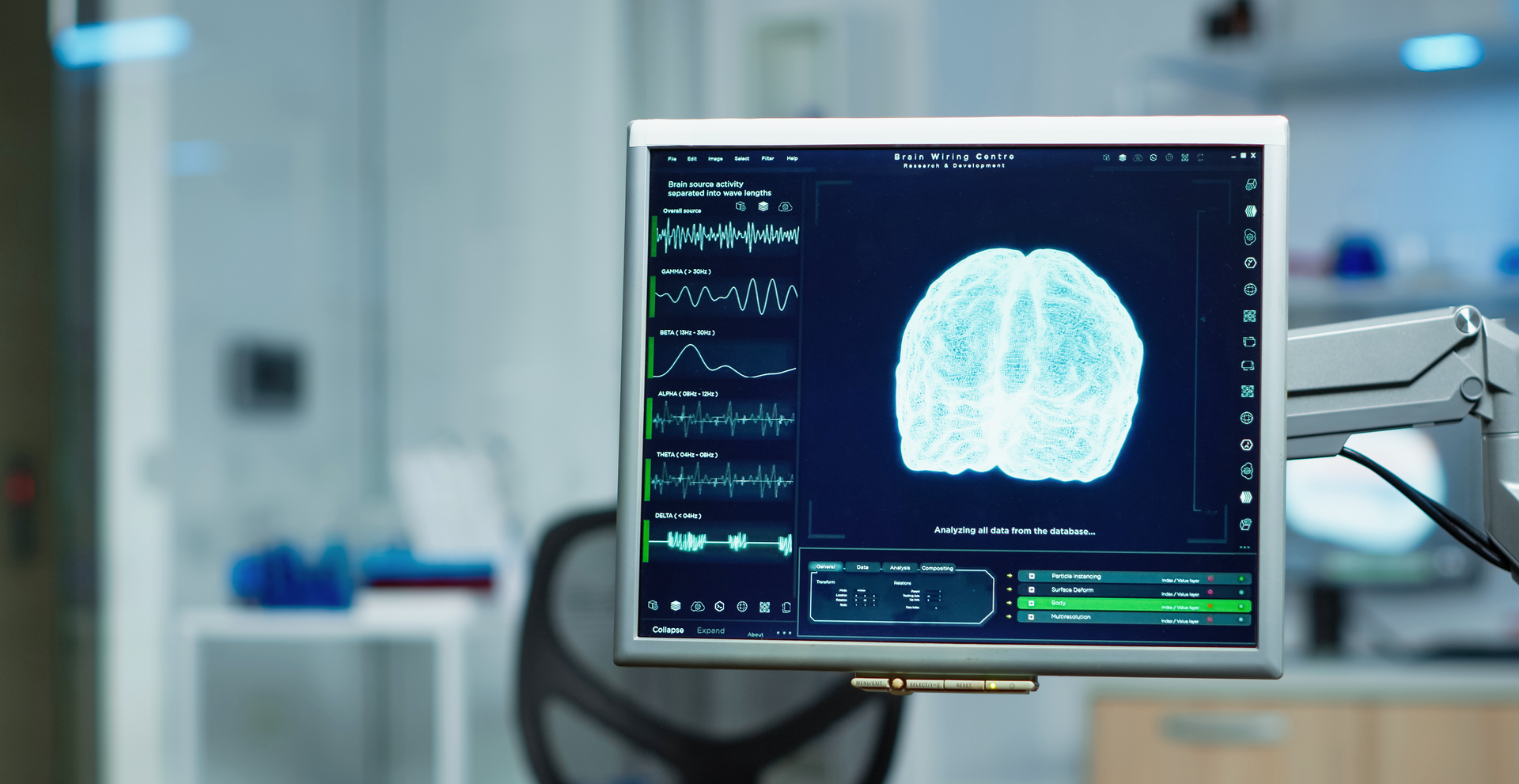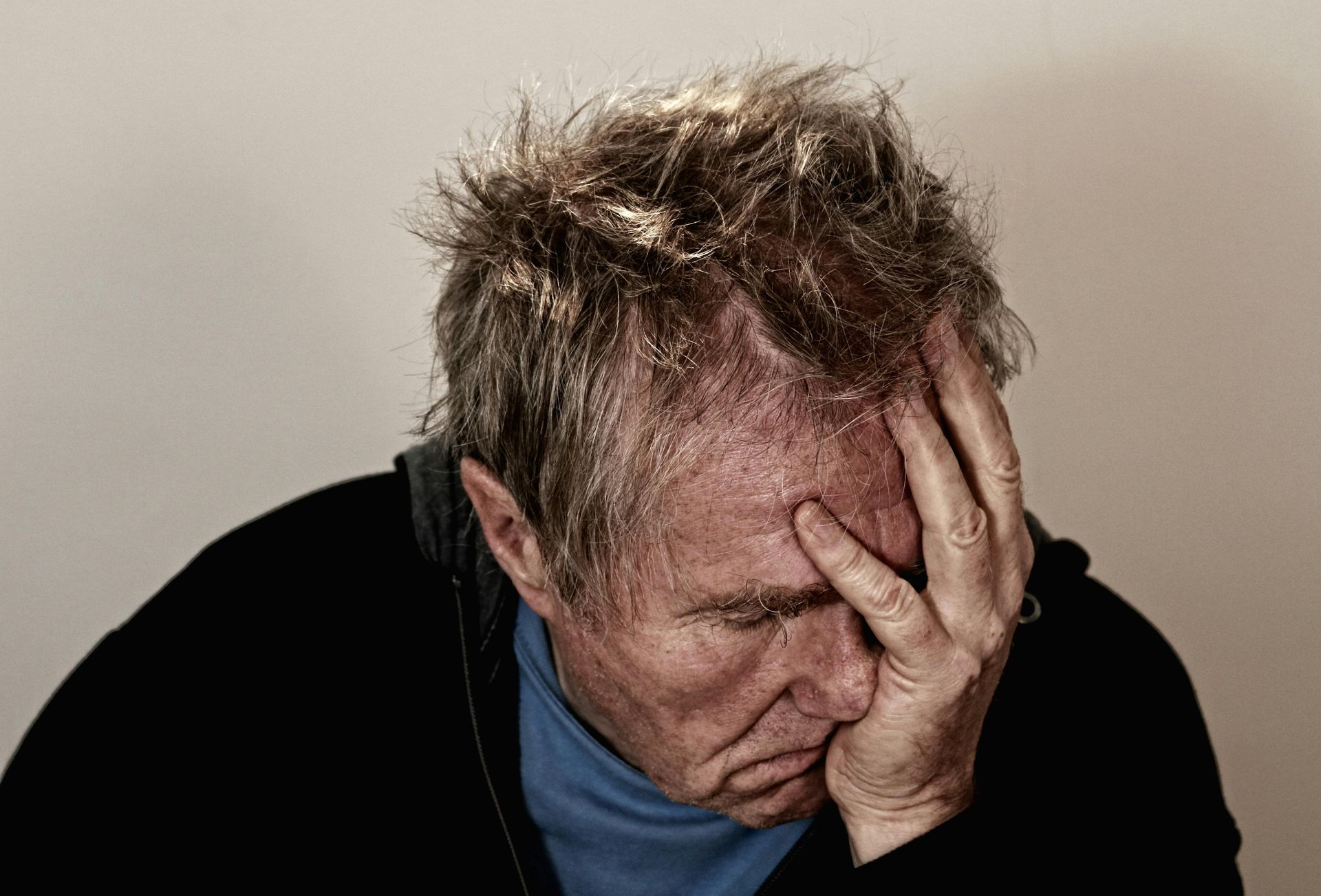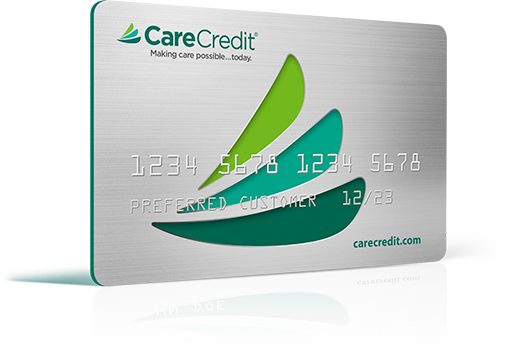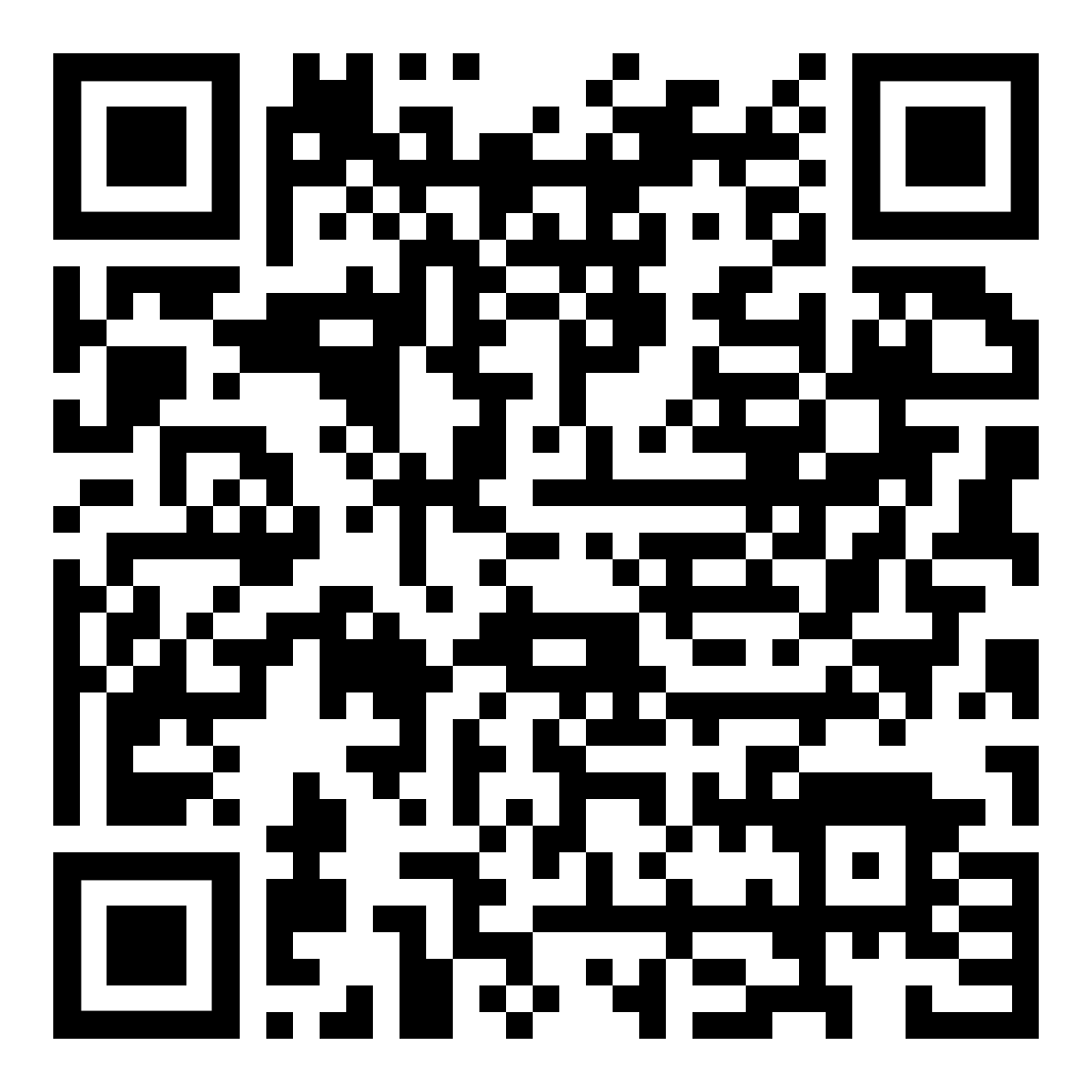Is TMS the Same as ECT?
TMS vs. ECT: Comparing Mental Health Treatments at TMS Ketamine Clinic of SW Florida
Transcranial Magnetic Stimulation (TMS) and Electroconvulsive Therapy (ECT) are both innovative treatments for mental health disorders, particularly for individuals who haven’t found success with conventional therapies. While both methods involve stimulating brain activity, they differ significantly in their techniques, side effects, and suitability for various conditions. Understanding these distinctions can help you determine which treatment might be the best fit for you.
How Does TMS Work?
TMS is a non-invasive treatment that uses magnetic pulses to activate nerve cells in targeted brain regions. In depression, TMS targets the dorsolateral prefrontal cortex (DLPFC), an area that is often underactive in people with mood disorders. By stimulating these certain regions, TMS enhances the electrical activity of nerve cells and promotes the release of chemical messengers in the brain.
TMS has also been shown to increase functional connectivity, which is how brain areas interact. This allows new signaling patterns to form, helping people more easily re-shape negative thoughts and behaviors.
How is TMS Administered?
TMS sessions involve placing a magnetic coil on the scalp over the targeted brain regions. The procedure is done while you’re awake, typically in an outpatient setting, without the need for anesthesia. Each session lasts about 30 to 40 minutes, and patients are generally safe to go home after the treatment has finished. Most patients undergo 20 to 30 sessions over four to six weeks.
How Does ECT Work?
ECT is a more invasive procedure that uses controlled electrical currents to induce a brief seizure in the brain. Like TMS, this increases electrical activity and the release of chemical messengers in the brain, potentially activating regions that are damaged or dysfunctional in mental health disorders. Unlike TMS, ECT stimulates the whole brain as opposed to targeted brain regions.
How is ECT Administered?
ECT is administered under general anesthesia, with electrodes placed on the scalp to deliver the electrical stimulation. The entire process, including preparation and recovery, takes about an hour, though the seizure lasts only 30 to 60 seconds.
ECT treatments are normally given twice a week. On average, patients receive around ten sessions in total. However, treatment administration will vary depending on an individual's unique treatment response.
TMS vs. ECT: Key Differences
Treatment Process
- TMS: Non-invasive and performed in an outpatient setting. Patients remain fully awake, and no anesthesia or recovery time is needed. Treatments occur over several weeks.
- ECT: Requires general anesthesia and is typically administered 2 to 3 times per week for 6 to 12 sessions. Recovery time is needed after each session due to anesthesia and the induced seizure.
Effectiveness
- TMS: Effective for moderate to severe mental health conditions, with noticeable improvements within weeks of starting treatment. It’s particularly suited for individuals who haven’t responded to traditional therapies.
- ECT: Highly effective for severe, treatment-resistant depression (TRD), bipolar disorder, and other conditions with life-threatening symptoms and provides rapid relief.
Side Effects
- TMS: Typically mild and temporary, including headaches, scalp discomfort, or lightheadedness. Rarely, seizures or hearing issues may occur.
- ECT: Side effects are more pronounced and may include short-term memory loss, confusion, fatigue, and headaches. Long-term cognitive issues or memory problems may arise, particularly after numerous rounds of treatment.
Who Is a Good Candidate for Each Treatment?
Mental Health Conditions
- TMS: TMS is FDA-approved for depression, obsessive-compulsive disorder (OCD), and addiction. It is generally recommended when front-line treatments, such as antidepressants, have failed.
- ECT: ECT is FDA-approved for depression, bipolar disorder, schizophrenia, and catatonia. It is generally recommended as a last resort or when life-threatening symptoms require immediate intervention.
Treatment History
- TMS: Suitable for individuals who haven’t achieved success with antidepressants or psychotherapy. It’s also effective for addiction when other therapies haven’t worked.
- ECT: Typically used when multiple other treatments, including TMS, have failed, or when rapid symptom relief is crucial.
Medical Eligibility
- TMS: Since it doesn’t involve anesthesia, it’s safer for individuals with certain medical conditions.
- ECT: Requires a medical evaluation for anesthesia, making it less accessible for individuals with significant cardiovascular or respiratory issues.
Explore TMS Treatment Options at TMS Ketamine Clinic of SW Florida
At the TMS Ketamine Clinic of SW Florida, we’re committed to providing advanced mental health treatments, including TMS therapy, to help you achieve lasting wellness. Our compassionate team develops personalized treatment plans tailored to your unique needs, ensuring you receive the best possible care.
In addition to TMS, we offer complementary therapies, including medication management, designed to enhance your recovery journey and promote long-term mental health benefits. If you’re seeking effective treatment for depression, we’re here to support you every step of the way.
To learn more, book a free consultation with our team today. Let us help you take the next step toward a brighter future.
MENTAL HEALTH SERVICES
BOOK A CONSULTATION
Knowing that you are not alone is of utmost importance. Seek assistance for depression today!
OUR SERVICE SUPPORTS MENTAL WELLNESS
- Depression
- Lack of Joy
- Sadness and Despair
- Low Mood
- Lethargy
- Insomnia
- Oversleeping
- Social Isolation
- Self-Harm
- Substance Abuse
- Suicidal Ideation
- Alcoholism

